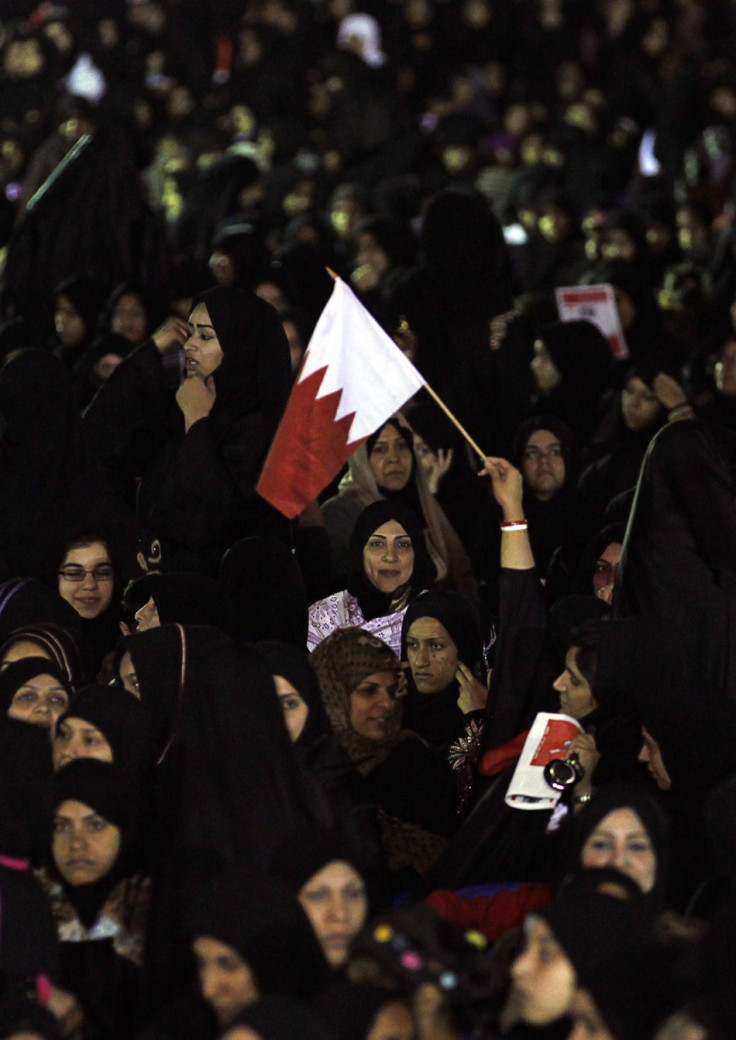Bahraini Activists Abused for Role in UN Human Rights Review
Opposition delegates at Universal Periodic Review in Geneva subjected to intimidation as international rights groups criticise Bahrain's human rights record

Bahrain's opposition delegates who attended the country's Universal Periodic Review (UPR) at the United Nations office in Geneva faced a huge backlash after criticising the country's "deplorable human rights record".
The UN holds the UPR every four years to review the human rights records of all 192 member states.
Following the session in Geneva this year, Bahraini representatives of civil society have spoken of a continuing campaign of abuse that has been waged against them for speaking out about the situation in Bahrain, even though international rights groups had also criticised the country's record on human rights.
They said a series of threatening articles have appeared in the Bahraini press and hostile messages have been left on social networking sites, which have caused them serious distress and left them fearing for their safety.
Dr Nada Dhaif was among a group of Bahraini medics who were arrested and sentenced to jail for treating protesters during last year's pro-democracy demonstrations in Bahrain. She told IBTimes UK: "There is a clear media campaign against us [the opposition delegates who attended the UPR].
"We have been called traitors, corrupt, Iranian agents and other even more defamatory names. Some people have even suggested that the government should revoke our nationality and confiscate our passports."
Dhaif's comments were echoed by other representatives who attended the review, including Dr Alaa Shehabi, an economics lecturer and founding member of the advocacy group Bahrain Watch, and Jalila al-Salman, a Bahraini teacher and vice president of the Bahrain Teachers' Association, who was arrested and detained for 149 days last year, during which time she was allegedly tortured by members of the security forces.
Laura Dupuy Lasserre, president of the UN Human Rights Council, condemned the campaign of abuse in a speech at the end of Bahrain UPR session in Geneva and warned the country against harming activists.
Bahrain's Ministry of Interior, Lieutenant-General Shaikh Rashid bin Abdullah al-Khalifa, retaliated by saying it would "take statements" from the opposition delegates in a bid to get to the bottom of the claims, prompting fears the ministry could take legal action against the delegates.
Another statement has since been published on the ministry's website, in which al-Khalifa is quoted as saying: "I have not received any complaints from the persons concerned. In order for the ministry of interior to act on these claims, an official complaint must be filed."
The minister defended the country's human rights record, saying that "some human rights organisation took a single view of Bahrain based on one-sided information" and warned that the law would be upheld and lawbreakers would be brought to justice.
The latest accusations came a few days after Human Rights Watch (HRW) reiterated calls for the international community to "push Bahrain to adopt specific measures to ensure free expression and peaceful assembly, end torture, free political prisoners and establish credible accountability mechanisms for continuing abuses."
The watchdog said that the government's UPR report completely ignores the serious human rights violations committed by the country's security forces during the 2011 crackdown on pro-democracy demonstrators and that violations are continuing to take place.
HRW cited the case Nabeel Rajab, head of the Bahrain Centre for Human Rights, who was arrested on 5 May.
He was released on bail on 29 May, but will be tried for "offending an official institution", after he said the interior ministry had failed to investigate attacks against Shia protesters and Shia-owned businesses.
© Copyright IBTimes 2024. All rights reserved.






